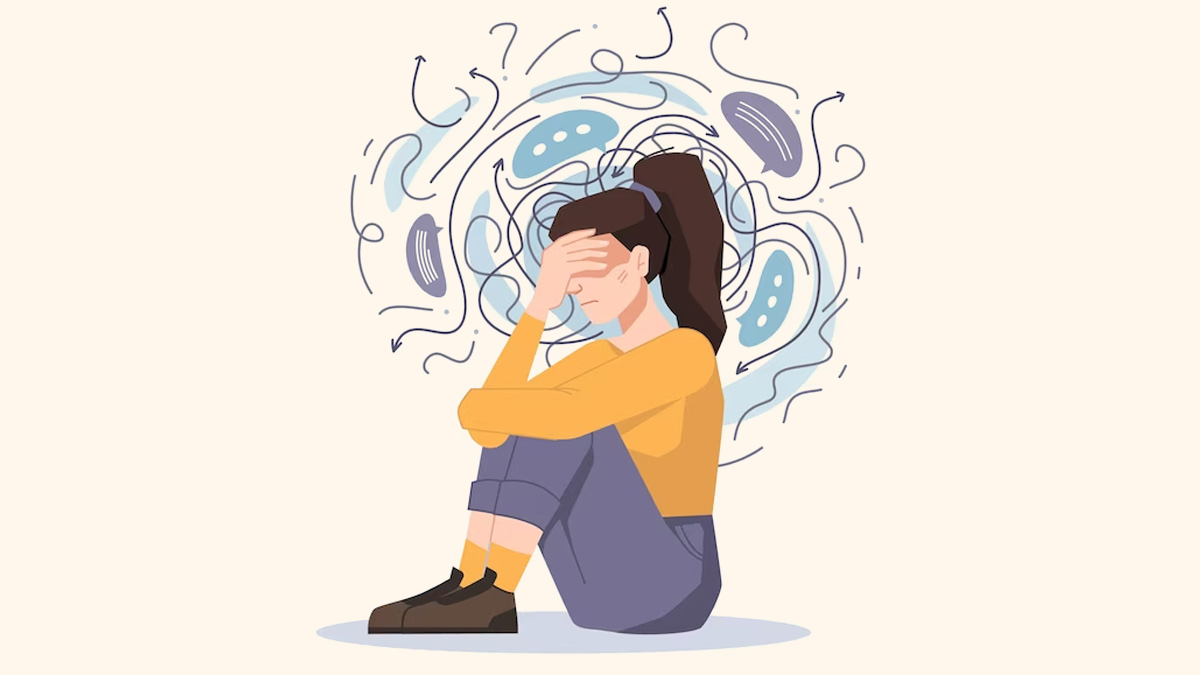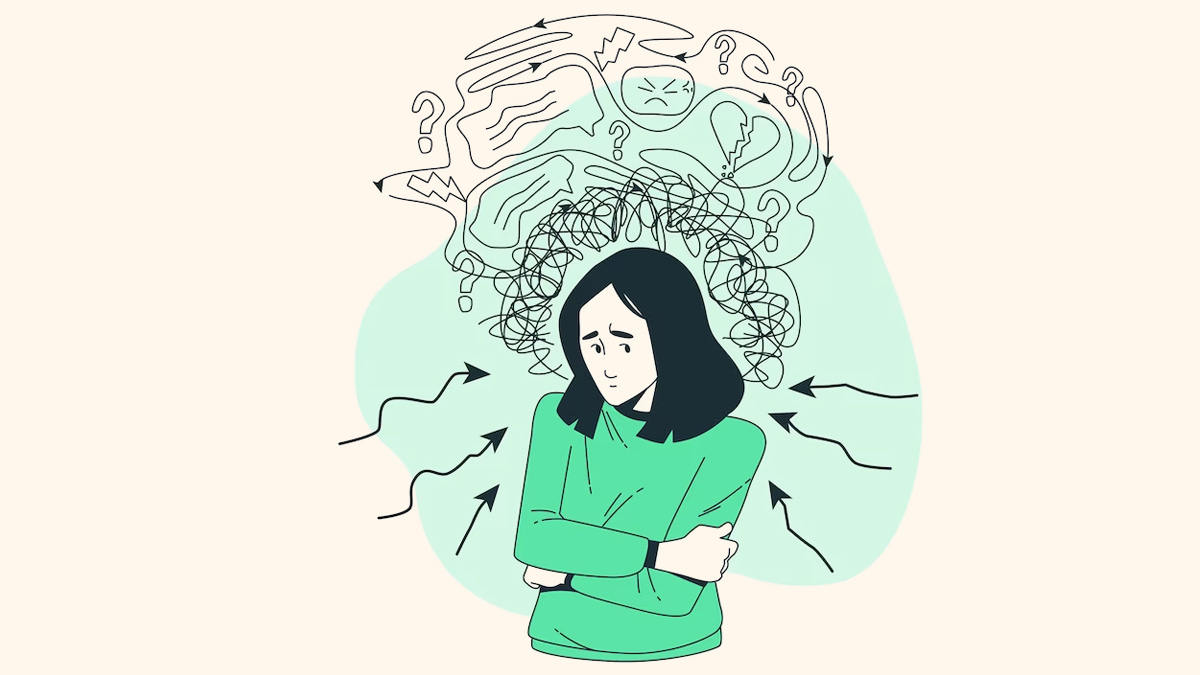
Feeling a sudden bout of low energy can happen to anyone, and it becomes essential to understand when it's a passing phase and when it might be indicative of something more serious, such as depression.
Table of Content:-
According to the World Health Organisation, around 50% of women are more likely than men to suffer from depression. Globally, more than 10% of pregnant women and women who have recently given birth suffer from depression. Every year, around 700,000 people commit suicide. Also, suicide is considered as the fourth highest cause of death among those aged 15 to 29.
Dr Dhanya Chandran, consultant, Clinical Psychology, Amrita Hospital, Kochi, explains the difference between normal low energy and depression, the significance of addressing depression, and why it seems to be on the rise among young adults in our society.
What Are the Causes of Low Energy
“Feeling low energy is a common experience and can have various underlying causes. It's important to monitor your physical health as medical conditions can lead to fatigue. Fortunately, healthcare facilities provide treatments for these conditions,” said Dr Chandran.

According to Dr Chandran, stress and emotional factors can also cause low energy temporarily, often in response to unusual events in our lives. However, if this becomes a recurring issue, it may signify a deeper psychological concern that needs further exploration. In most cases, adequate rest, hydration, sleep, and a healthy diet can help improve energy levels.
Also read: Study Reveals Messy House Affects Women's Mental Health More
Sadness Vs Depression
Sadness is a normal emotion that everyone encounters at different points in life. It can be triggered by everyday challenges, such as arguments or disappointing outcomes. However, when sadness persists for several weeks, accompanied by symptoms like frequent crying, fatigue, loss of interest in activities, disrupted sleep and appetite, and negative thoughts, it may be indicative of a depressive episode. Recognising the distinction between sadness and depression is essential for seeking appropriate help.
Significance of Depression
“Depression is a significant concern that often goes unrecognised or misunderstood. Some may view it as a lack of willpower or motivation, disregarding it as a genuine medical condition. Left untreated, clinical depression can profoundly affect an individual's perspective on life, self-esteem, productivity, and relationships with themselves and others,” said Dr Chandran, adding, it is associated with serious risks, such as self-harm, suicide, substance abuse, and marital dissatisfaction. Untreated depression can also lead to recurrent episodes, making it even more critical to address promptly.
The Rise of Depression Among Young Adults
One concerning trend is the increasing prevalence of depression among young adults in our society. Several factors contribute to this phenomenon, including social and cultural changes. Young adults today often face higher levels of stress due to academic and workplace pressures, increased expectations from themselves and others, and limited coping skills. Frustration tolerance may be lower in an environment that values instant gratification and success.

Recognising these challenges is the first step in addressing the rising rates of depression among young adults. Low energy is a common experience, but when it becomes persistent, it may signal underlying issues like depression. It is crucial to distinguish between normal emotions and depressive episodes, as untreated depression can have severe consequences. Moreover, the increasing prevalence of depression among young adults underscores the importance of understanding and addressing this issue promptly. Seeking help from therapists, or support networks is essential in managing depression and reclaiming a fulfilling life.
Also watch this video
Read Next
From Persistent Fatigue To Weak Immune System, Here Are Some Physical Symptoms Of Depression
How we keep this article up to date:
We work with experts and keep a close eye on the latest in health and wellness. Whenever there is a new research or helpful information, we update our articles with accurate and useful advice.
Current Version
